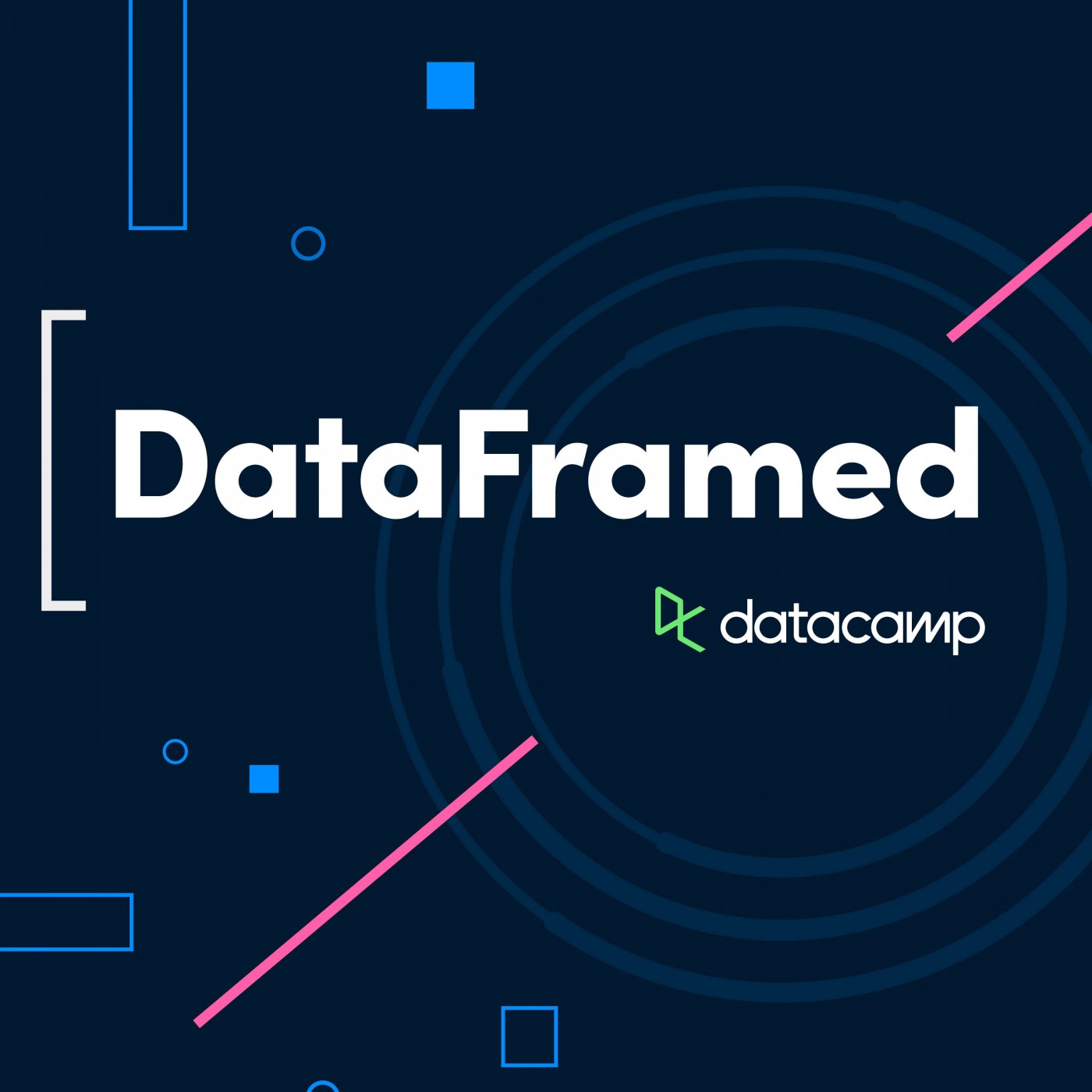
#264 From Gen AI to Gen BI with Omri Kohl, CEO and Co-Founder of Pyramid Analytics

DataFramed
Deep Dive
What is generative BI and how does it differ from traditional BI?
Generative BI integrates generative AI with business intelligence, allowing users to interact with their data through natural language queries. Unlike traditional BI, which can be cumbersome and complex, generative BI democratizes access to insights by making analytics tools more intuitive and accessible for all employees.
Why is fostering a data-driven culture important for organizations?
A data-driven culture ensures that decisions are based on insights rather than intuition or experience. It requires both top-down and bottom-up approaches, where leadership prioritizes data-based discussions and employees use data for daily decisions, fostering consistency and accuracy in decision-making.
How does generative AI impact dashboard creation in BI tools?
Generative AI lowers the barrier for creating dashboards by assisting both novice and advanced users. For beginners, it simplifies the process, while for experts, it reduces mundane tasks, allowing them to focus on more complex analyses.
What role does AI play in decision intelligence?
AI enhances decision intelligence by providing continuous feedback, automating data processes, and offering prescriptive analytics. It helps businesses identify issues, prescribe solutions, and refine decisions based on real-time data, making decision-making more efficient and informed.
Why do companies invest more in data analytics during crises?
During crises, companies seek visibility into their operations to identify weaknesses and strengths. Data analytics provides clear ROI by helping businesses make informed decisions, allocate resources effectively, and respond to challenges quickly, making it a critical investment in turbulent times.
What are the challenges of scaling data-driven decision-making across an organization?
Scaling data-driven decision-making requires addressing both technical and human challenges. On the technical side, analytics tools must be consolidated into a cohesive platform to ensure consistency. On the human side, fostering a culture where all employees use data for decision-making is essential, but often difficult to achieve.
How does generative BI benefit non-technical users?
Generative BI makes analytics more accessible by allowing users to ask questions in natural language, eliminating the need for technical expertise. This democratizes access to insights, enabling non-technical users to explore data and make informed decisions without relying on specialized teams.
What skills are essential for employees in a data-driven organization?
Employees need to be curious, critical, and able to ask questions. They should also have a basic understanding of data concepts, such as data lakes and warehouses, and know how to interact with analytics tools to explore data and derive insights.
How is generative AI changing the role of business analysts?
Generative AI is automating mundane tasks, allowing analysts to focus on more complex and creative questions. While AI may replace some routine functions, analysts who leverage AI to augment their skills will remain valuable, especially in asking non-trivial questions and interpreting insights.
What trends are shaping the future of data teams?
Data teams are becoming more strategic and critical to organizations, with a growing focus on data as an asset. New roles, such as citizen data scientists, are emerging to address the shortage of skilled professionals. Data teams are also consolidating tools into unified platforms to ensure consistency and reduce silos.
- Generative BI is poised to be a quantum leap in analytics, making insights accessible to everyone.
- Innovation in BI is focused on improving access to insights, creating insights, and improving data asset accessibility.
- The next evolution of BI involves making data more accessible so everyone in a company can utilize insights.
Shownotes Transcript
We’re improving DataFramed, and we need your help! We want to hear what you have to say about the show, and how we can make it more enjoyable for you—find out more here).
The convergence of AI and business intelligence is creating new opportunities for innovation. As AI becomes more embedded in BI tools, the challenge lies in fostering a data-driven culture within organizations. How can professionals bridge the gap between intuition and data-driven decision-making? What strategies can be employed to cultivate a culture where data is at the forefront of business decisions? And how can AI tools be leveraged to make data insights more accessible to all employees?
Omri Kohl is the CEO and co-founder of Pyramid Analytics, the Trusted Analytics Platform built for the enterprise. He leads Pyramid’s strategy and operations through a fast-growing data and analytics market. Kohl brings a deep understanding of analytics and AI technologies, valuable management experience, and a natural ability to challenge conventional thinking. Since Kohl founded Pyramid in 2009, it has achieved significant market success and customer growth. Kohl is a highly experienced entrepreneur with a proven track record developing and managing fast-growth companies.
In the episode, Richie and Omri explore the evolution of BI with AI, the importance of data-driven culture, the role of generative BI in democratizing insights, the balance between intuition and data, and much more.
Links Mentioned in the Show:
- Pyramid Analytics)
- Connect with Omri)
- Pyramid Analytics GenBI Demo)
- Course: Introduction to Data Culture)
- Related Episode: Self-Service Business Intelligence with Sameer Al-Sakran, CEO at Metabase)
- Rewatch sessions from RADAR: Forward Edition)
New to DataCamp?
- Learn on the go using the DataCamp mobile app)
- Empower your business with world-class data and AI skills with DataCamp for business)